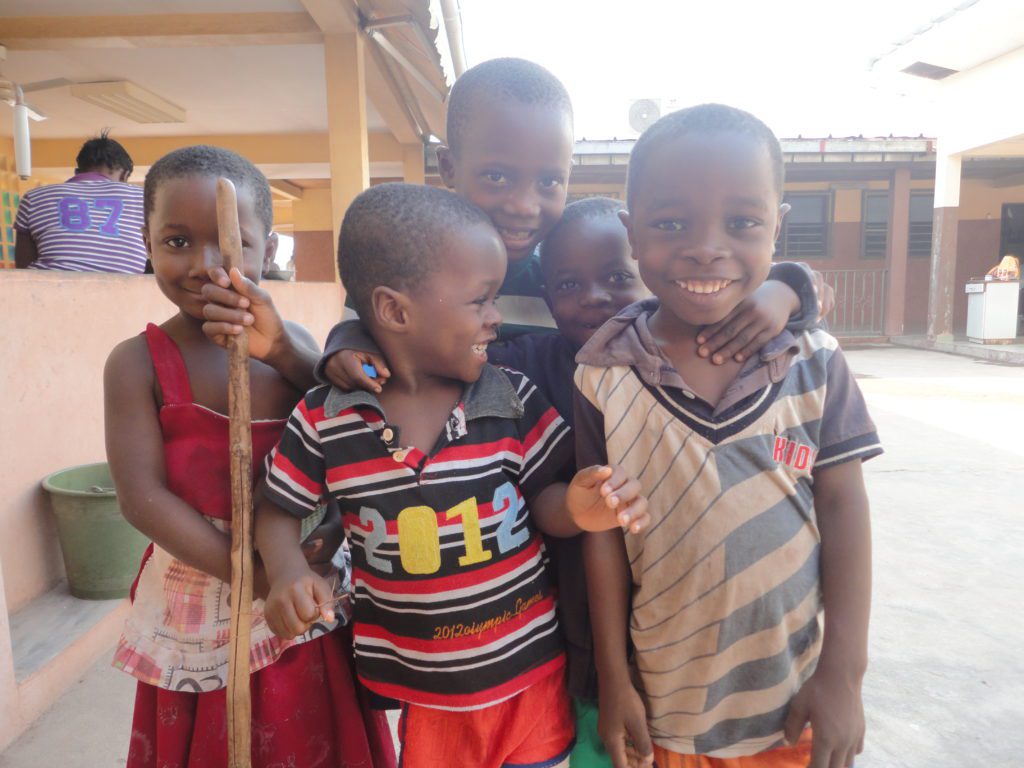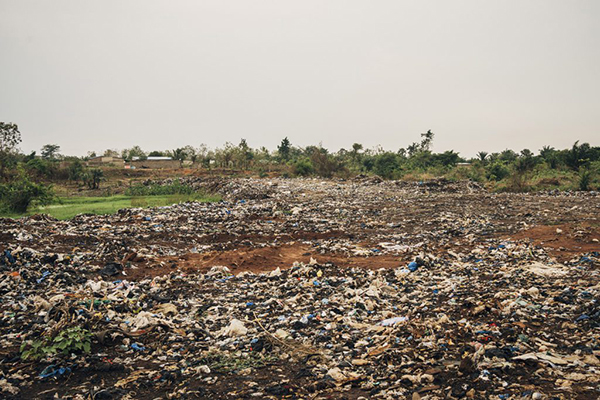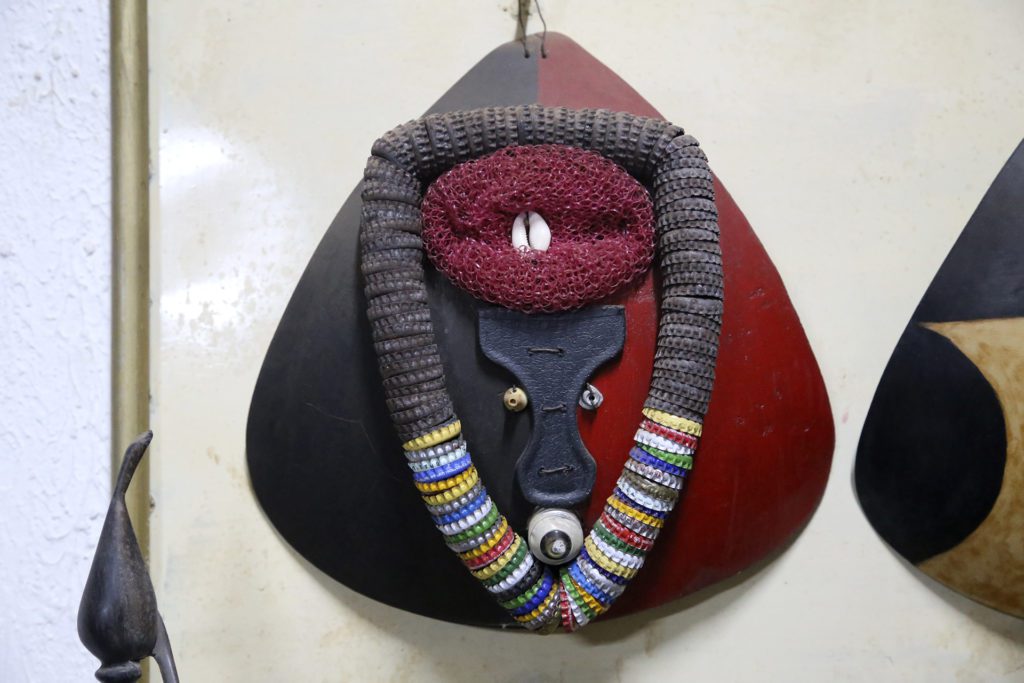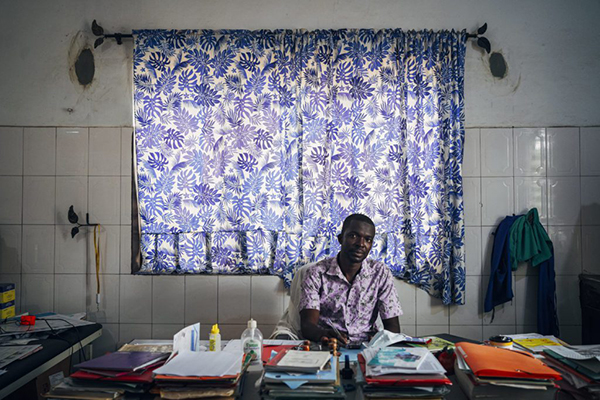War and violence have an impact on the health of the populations that have to endure them, even years after they have finished. Côte d’Ivoire is an example of this reality.
Armed conflicts are a danger to public health and one of the most important causes of mortality and diseases throughout history. Their impact is divided between the direct causes of the war, i.e. deaths in combat, and those that are indirect, that may be defined as following on from war and deriving from it, i.e. after subtracting the habitual number of deaths in a prior period. The latter far outweigh the former, in a ratio of 9:1 compared to those killed in war, but they are more difficult to quantify. To the disabilities caused during the conflict we must add the lack of healthcare services, which makes the spread of avoidable diseases easier, the poor primary care, and the lack of immunization.
The internal conflict in Côte d’Ivoire
On 19 September 2002 the first civil war in Côte d’Ivoire began, lasting until 2007. Despite the few deaths in relative numbers (around 3,000 people), attacks against health made healthcare more difficult both during and after the conflict. Primary care was reduced because of the attacks and looting of hospitals, and this led to outbreaks of diseases such as cholera, measles, meningitis, and polio, as well as an increase in child malnutrition, which increased from affecting 20% of children to one in three, in just two years.
Money received from international institutions post-conflict was characterized by short-term measures, but even so it was ineffective given the high expenditure on salaries, 40% of the total, as well as the lack of state capacity for the delivery of medicines and immunization programmes. Four years later, the second civil war was much more bloody, and in just a few months had seen almost the same number of direct deaths as the first in five years. Meanwhile the healthcare system was still recovering and was unable to finish the programme implemented in 2009. In April 2011, when former president Laurent Gagbo was arrested, the majority of hospitals had closed and 70% of the population, especially in the west of the country, as well as in the capital Abidjan, had no access to healthcare.
The incoming (and current) president Alassane Ouattara attempted to guarantee free public healthcare, but less than one year later the plan failed because of its high cost and the corruption in the handling of funds. Poor management and the lack of state capacity have reduced the effectiveness of policies to improve public health.
Comparison between Ghana and Côte d’Ivoire
The effects of violence can be felt even today. If we compare with the democratic stability of neighbouring country Ghana, Côte d’Ivoire is still paying a high price in health for the two civil wars it has endured in the past twenty years.
Ghana has the eleventh best healthcare system in Africa, while Côte d’Ivoire is still ranked 31 out of 55 countries on the continent. Likewise, while life expectancy in Ghana equals the continental average of 64, Côte d’Ivoire is one of ten countries with a lower average, of 58.
This difference is reflected in various mortality indicators. Côte d’Ivoire has double the rate of maternal mortality of its neighbour, 617 for every 100,000 inhabitants compared to 308; it has almost triple the number of deaths from lack of sanitation and clean water, and it has nine points more in deaths by preventable diseases. These include malaria, which is endemic in the region, but there is an incidence risk of 330 for every 1,000 inhabitants in Côte d’Ivoire compared to 224 in Ghana, and measles, with one out of every four children not vaccinated in Côte d’Ivoire compared to just 8% in Ghana. All of these data put Côte d’Ivoire at 162 out of 189 countries in the Human Development Index, well behind its neighbour Ghana, ranked 138.
A future healthcare challenge for Côte d’Ivoire
Conflicts cause a severe deterioration in the right to health. In addition to the destruction of materials and installations and the exodus of healthcare providers, there are also the difficulties in reconstructing the system within a context of institutional instability, the lack of resources, and undetected preventable diseases.
The example of Côte d’Ivoire shows that the effects of a large-scale war continue to be felt decades later. Even so, economic growth in the country since the end of the second civil war has been able to establish the basis for exponential improvement. Currently Côte d’Ivoire spends 4.5% of its GDP on health, 1.2 points more than Ghana, and it is the country with the third most improved healthcare system over the past decade in Africa, behind Mali and Ethiopia.






